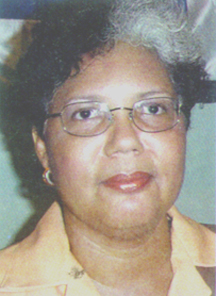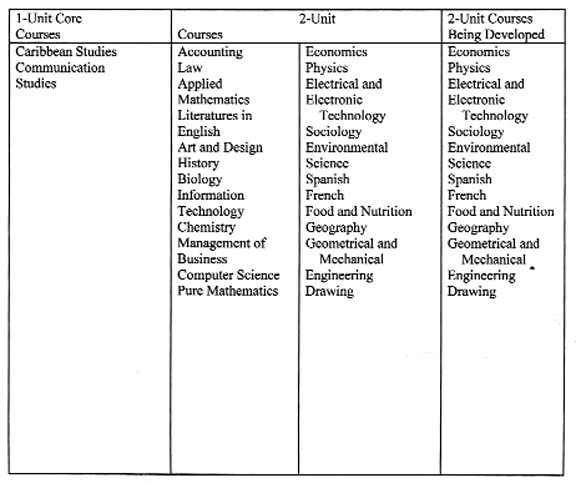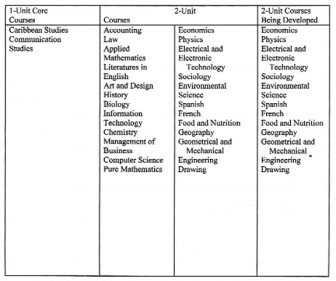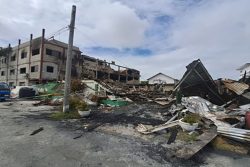By Cheryl Stephens
Through the Caribbean Advanced Proficiency Examination (CAPE), the Caribbean Examinations Coun-cil (CXC) and its stakeholders have created a post-secondary system that is seamless, inclusive, democratic, socially responsible, developmentally focused and internationally recognised.
By 1979, the Chairman of Council confirmed that the Caribbean Secondary Education Certificate (CSEC) had been successfully launched and that the time had come for CXC to lead the region in creating an alternative to the A’ Level examination. This would complete the dismantling of the colonial system of education in the region. Caribbean education would then be owned and controlled from pre-school to university, by Caribbean people.
By 1988, through an extensive process of collaboration between CXC staff, representatives of The University of the West Indies, other tertiary institutions and ministries of education, the central concept of the CAPE framework was developed.
It was clear from the very beginning that the Council was not just about to replace one examination (Cambridge or London) with another examination (Caribbean).

It was to be a new developmental model which emphasised post ‘O’ level certification rather than replicating ‘A’ level examinations in the Caribbean. The social, cultural and economic benefits to the region and its communities were to be substantial.
It would give the Caribbean an enormous social and economic advantage in a knowledge-based society in which a post-secondary education had become essential for the vast majority of individuals and should be everyone’s birthright. To seize this opportunity would require change; indeed, some significant changes. CXC created an integrated, student-focused system that offered students a fully integrated, seamless system that was accessible, inclusive, affordable, and of high quality. This system afforded students with valuable academic experience to gain access to most colleges and universities.
The new post-secondary system that emerged has turned out to be a truly integrated system, with strong co-ordination mechanism to avoid unnecessary duplication and to ensure resources are used efficiently. In reality, it is a system that provides the Caribbean with a strategic advantage in the area of post-secondary education.
Indeed, the Council was able to break new ground on the education landscape of the world. CAPE emerged as a regional examination with full equivalence in standard to the ‘Advanced’ level examinations but was different in philosophy and structure.
It encompassed current arrangements in sixth forms and articulated with programmes of community colleges and universities across the region. It brought together academic, and technical and vocational courses of study within a single system of certification. The target population for the CAPE included persons who required certification for entry to regional and international universities, the job market and certain professions with specific pre-requisites. It catered to mature and part-time students who wished to further their education or acquire marketable skills, as well as persons seeking to benefit from opportunities for continuing education and personal development.
CAPE is accessible and flexible and offers certification for diverse populations with different destinations. This means that every Caribbean citizen has the opportunity to pursue learning in the field of his or her choice, consistent with the needs and opportunities available within theterritory, at a cost that is fair and affordable. A comparison of the cost of taking a CAPE Unit with that of a London or Cambridge subject will prove this point. All CAPE subjects offer an alternative to the School-Based Assessment component and can therefore be accessed by inschool and out-of-school candidates.
Students can study a combination of Units that are best suited to their abilities and their career paths. They can complete both Units of a subject, for example, both History Units 1 and 2 in the same school year, and they can also complete Unit 2 before Unit 1. Each Unit is free-standing and this structure is particularly valuable to territories with small classes and limited teacher resource.
A student who, for whatever reason, cannot complete one of the Units of a subject can exit at the end of the first year with certification based on the Unit which was completed. Moreover, high-flying students can fast track the time spent in the system by completing as many units that are convenient in one year.
Relevance, responsiveness and comprehensiveness and accessibility are key factors for the success of the region. While it is critical to offer students a place to learn, it is equally important that the place they are offered meets their needs, and the needs of the region, to ensure success in life. CAPE offers more opportunities for postsecondary educational experiences that cross disciplines, pedagogies and orientations. Students can combine their Units in any way that is meaningful to them. Students can take two Units in Physics and one Unit in Electrical and Electronic Technology, while at the same time obtaining the general education needed from the two core one-Unit subjects, Caribbean Studies and Communication Studies. This kind of system does not guarantee a hierarchy of differences, but attempts to achieve a better balance between theoretical and applied learning.
This system provides an ever increasing range of post-secondary, applied and occupational subjects attuned to the needs of the region (see list of developed and developing subjects). CAPE includes three types of certification: a certificate showing each CAPE Unit completed; the CAPE Diploma which is awarded to candidates who have satisfactorily completed at least six Units, including Caribbean Studies, and the CXC Associate Degree, awarded for the satisfactory completion of a prescribed cluster of seven CAPE Units including Caribbean Studies and Communi-cation Studies.
It is no good if all of the other objectives are met but the product is mediocre. The region needs a post-secondary system of the highest quality, as good as or better than any in the world and CAPE provides this.
There will always be debates about what quality actually means and how we know when it is present, but CXC has proven experience (over 35 years) with a variety of approaches to know that some do work, and that it is possible to improve the quality of post-secondary education and programmes through systematic and rigorous evaluation and corrective action. Thus, with the built-in quality assurance regime in CXC, consisting in part of annual reviews after every examination and comprehensive reviews when deemed necessary, it is no miracle that CAPE certificates are accepted by all regional universities, the United Kingdom National Academic Recognition Informa-tion Centre, the Association of Indian Universities and universities in Canada and United States.
Reprinted from The Caribbean Examiner (a publication of the Caribbean Examinations Council) Vol 10, #1, May 2012
Cherryl Stephens is an Assistant Registrar – Syllabus and Curriculum Development Unit at CXC. Cherryl worked on the development of CAPE from its inception, including working with the Syllabus Panels.









